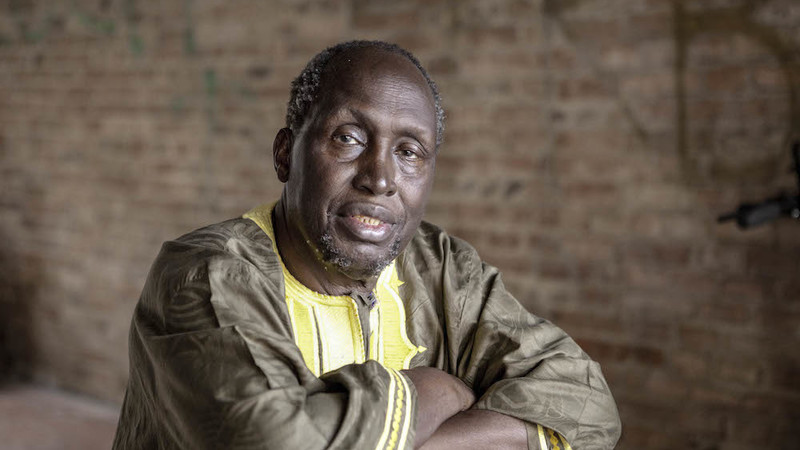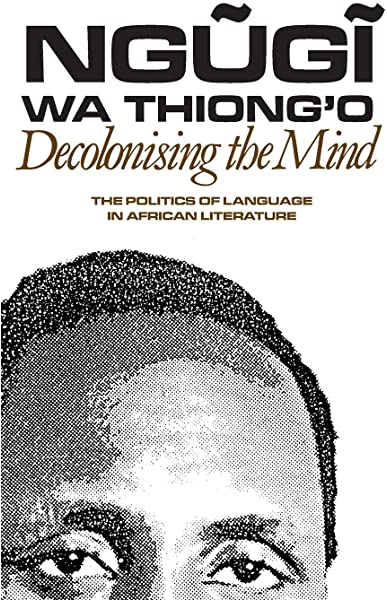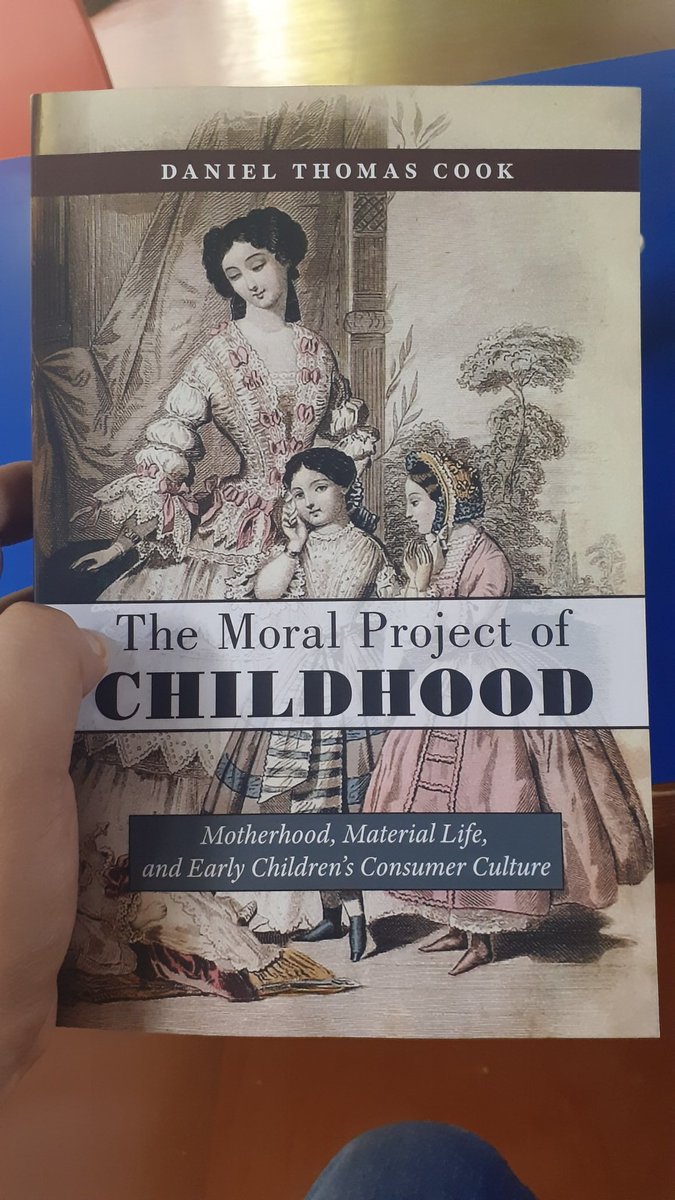
J. Farish, a member of the Bombay government, writes in his letter in 1838~
"The natives of India must be kept down by a sense of our power, or they must willingly submit from a conviction that we are wiser, more just, and more humane to improve their conditions."
"The natives of India must be kept down by a sense of our power, or they must willingly submit from a conviction that we are wiser, more just, and more humane to improve their conditions."
He further writes, "If well-directed, the progress of education would undoubtedly increase our moral hold over India, but, at the same time, we should also ensuring that it does not lead the Natives to a consciousness of their own strength."
As the Colonial government wanted natives to help British surveyors and engineers in their work, it translated the Engineering curriculum to vernacular languages. The first such attempt was made in a college set up in Bombay by Elphinstone, with Lt. George Jervis as its director.
Also, Colonial authorities found it much simpler and politically wiser to create a class of cheaply paid but loyal Indian low-level bureaucrats to help staff the provincial offices and act as a buffer or intermediary class to stand between the government and the masses.
Charles Trevelyan, Macaulay's brother-in-law, wrote in his book On the Education of The People of India (1838), "We British should not try to instill in the native a deep grasp of subjects, but to force them to ape & recite English, and metaphysics in the most slavish fashion."
Elaborating it further, he says, "More importantly, education should instill in them a respect and awe for the aristocratic virtues of the majestic English language and culture, and a corresponding contempt and disdain for their own background".
This resulted in Indian students reading an Oxford text and doing a recitation on some fine point of historical debate concerning King Alfred and Norman Conquest. Of their background, they learned nothing.
As Governor-General Hardinge wrote to Q. Victoria in 1844, "They discuss with accuracy the most important events in British history. Boys of 15 years of age, black in color, recite the most favorite passages from Shakespeare, ably quoting the notes of the English commentators."
As a result, the whole system of education became geared towards training for government services. As there were not enough jobs to go around, many of the educated Indians became mere clerks. Continuing on this legacy, India still has a huge state bureaucracy & patronage system.
H. Woodrow, a school inspector in East Bengal, writes in an 1856 report, "People have forced themselves to acknowledge the English as a necessity....they consider the acquisition of our language as necessary for the advancement of their children in this life."
Assessing this colonial situation, Historian Brailsford writes, "Indians neglected the studies & careers which might have ended Indian poverty by the development of scientific agriculture & modern industry. Instead, education produced an unemployed proletariat of intellectuals."
Some commentariats on Twitter regularly compare South Indian states with Northern states without acknowledging that while the Northern part of India had only one in six Indian children in primary school by 1920-21, in Travancore & Baroda, these numbers were 2 to every 3 children.
The colonial government also ensured that indigenous informal village schools are destroyed, & replaced with fee-charging, tightly controlled grant-in-aid schools (very few in numbers). And a standardized curriculum ensured the continuation of the 'downward infiltration' theory.
And finally, as Alfred Chatterton writes in his book Industrial Evolution in India, "Both at the secondary & university levels, English was used exclusively as the language of instruction, & for those who reached these levels, the separation from their culture was complete".
• • •
Missing some Tweet in this thread? You can try to
force a refresh





